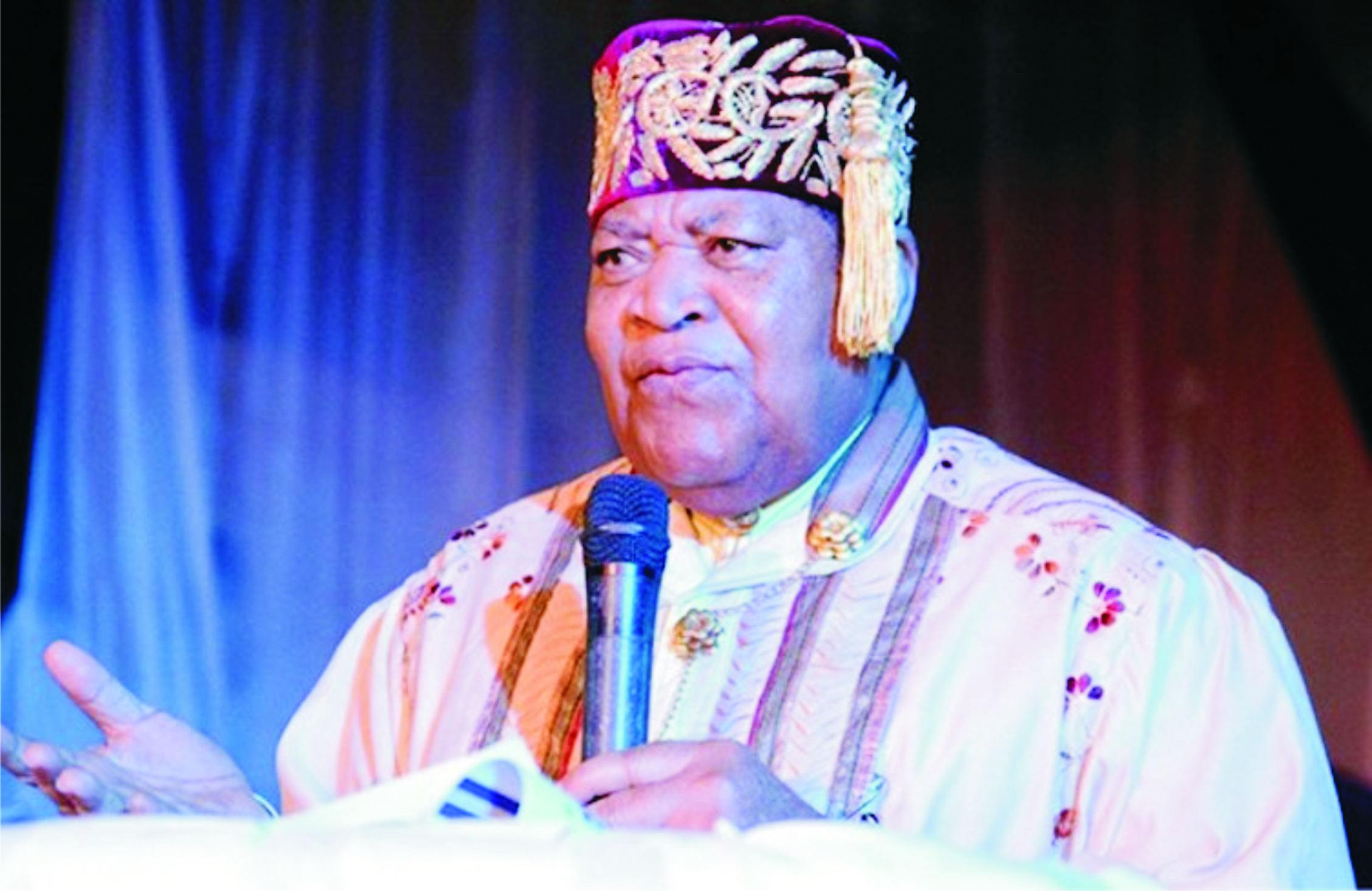Niger Delta
Obey Wike’s Order On COVID-19, Monach Tells Stakeholders, Others

Eze Oha Evo III of Evo Kingdom in Obio/Akpor Local Government Area of Rivers State, King Leslie N. Eke, has called on traditional rulers, chiefs, Owho holders, youths and women organisations to ensure that the Governor Nyesom Wike’s order-cum ban on all forms of public gatherings including burials and weddings was complied to the letter.
King Eke made the call during a chat with newsmen yesterday at his residence in Woji, Obio/Apkor Local Government Area.
He urged the people to see the governor’s order as part of efforts to check the outbreak of the Coronavirus, which he said was for the safety of all.
The Nyerisi Eli Woji, noted that the Governor Wike’s order was apt, considering the rapid spread of the virus.
According to him, there was no better option to provide solutions and check on the outbreak of the disease, than what the governor has done.
The Eze Gbakagbaka said that the call was not limited to Evo people alone, but to all residents of the entire kingdom.
He also cautioned against any form of loosed behaviour during the period and urged the people to be law-abiding.
“People should maintain personal hygiene, should remain calm and law abiding and especially not to use the period as an alibi to forment trouble or any wanton behaviour”, he said.
The monarch noted that the governor’s efforts must be complimented by the people in order to encourage him to do more.
On the issue of the economic challenge associated with the order, he said that the paramount thing was life and safety of the people, adding that it only takes the living to do business.
Earlier, he has called on those saddled with any kind of responsibility over the virus control and monitoring, not to see it as an opportunity to seek personal recognition, but a period of sober reflection, due to the deadly nature of the disease.
Niger Delta
Stakeholders In Delta Seek Stronger GBV Action, Women’s Leadership

Niger Delta
C’River Suspends Taskforce Activities Over Drivers’ Protest

Niger Delta
A’Ibom Assembly Urges More Private Investments In Agriculture

-

 News4 days ago
News4 days agoAmend Constitution To Accommodate State Police, Tinubu Tells Senators
-

 Politics4 days ago
Politics4 days agoSenate Urges Tinubu To Sack CAC Boss
-
Business4 days ago
Crisis Response: EU-project Delivers New Vet. Clinic To Katsina Govt.
-
Business4 days ago
President Tinubu Approves Extension Ban On Raw Shea Nut Export
-

 News4 days ago
News4 days agoDisu Takes Over As New IGP …Declares Total War On Corruption, Impunity
-
Business4 days ago
Fidelity Bank To Empower Women With Sustainable Entrepreneurship Skills, HAP2.0
-
Business4 days ago
President Tinubu Extends Raw Shea Nuts Export Ban To 2027
-
Sports4 days ago
NDG: Rivers Coach Appeal To NDDC In Talent Discovery

